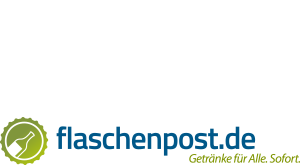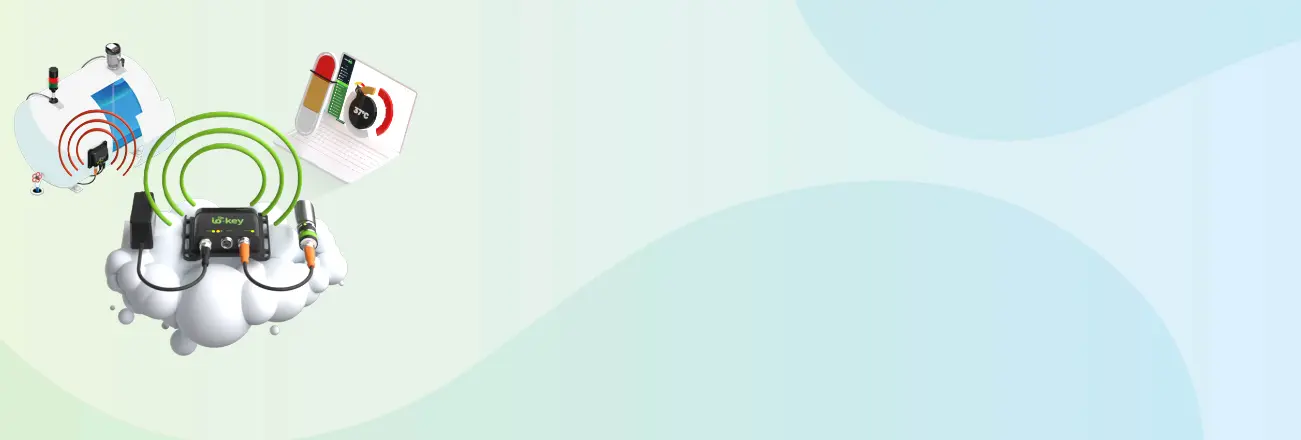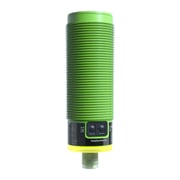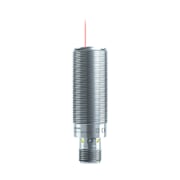Flaschenpost - Beverage logistics reloaded

flaschenpost relies entirely on automation
Drinks galore, immediately available, via the Internet: flaschenpost demonstrates how to rethink an established business. And autosen helps them achieve their goals. With sensors galore. Immediately available. Via the Internet …
When business models go together like hand-in-glove, as is the case with flaschenpost and autosen, success is basically guaranteed. Well, let's say almost. Since a great deal of engineering and automation know-how is still required. The technical team at flaschenpost has, with the aid of autosen sensors, come up with unique added value for customers: Providing the most convenient beverage delivery service, without the need to carry crates and with a maximum delivery time of two hours. And all that whilst offering a range of roughly 1,200 products, from maté to pilsner lager and schnapps. Although flaschenpost did not invent the beverage delivery service, it did breathe new life into it and, in just three years, shook up a market that had become somewhat uncompetitive – just like autosen with its new distribution model in the field of sensors (even if it admittedly took us a little longer ...).

Sensors play a key role here.
Timo Oberthür, Team leader Warehouse and Software Processes

No half measures in automation
flaschenpost now processes around 2,000,000 orders a year, and over 60,000 crates of beverages are delivered daily from its 19 warehouse facilities. And the coverage area of its delivery service continues to grow. Beverages are now delivered to customers in over 120 German towns and cities. With this trend set to continue. This is not achievable with conventional supply chain models; especially since the delivery logistics involved with beverages, returns and empties are always complex and characterised by a lot of manual work anyway. "But just a little bit of automation doesn't really help," explains Tim Graf from autosen. "Otherwise there'll be a hold-up somewhere down the line. So it's basically all or nothing: If you make the decision in favour of automation, you have to go through with it." The snag: The entire processes can only be automated in a reasonable way above a critical size. Thanks to its expansion strategy, flaschenpost has long since reached this size and is now demonstrating its logistical strengths.
Route scheduling example: flaschenpost uses an intelligent scheduling tool to optimally coordinate the routes of flaschenpost delivery drivers and incoming customer requests. This is not only fast and cost effective, it is also sustainable: Each route saves up to ten individual journeys. The logistics in the background are timed accordingly and are fully automated, from order picking to sensor-supported bottle handling when the crates are returned. A closed supply chain that no longer has much in common with a supermarket or beverage retailer.


Smooth beverage logistics thanks to sensor-based automation
Who actually invented those machines for returning empty cans and bottles?
Speaking of beverage retailers – whoever invented the machines for returning empty cans and bottles had no regard for their fellow man. Or they thought free time was a waste of time. Why does it always take so long to return empties? Imagine this process on an industrial scale. flaschenpost has done just that and developed a solution that shortens the whole procedure considerably. This, too, is a real competitive advantage; after all, processing empties is a challenge for every beverage retailer. A lot of time and money can be lost if, for instance, cans and bottles are detected or booked incorrectly. A semi-automatic process is therefore currently being tested at flaschenpost which significantly reduces the error rate and is much faster than conventional processes. For technology enthusiasts: The ultra-modern system that flaschenpost is testing in Münster, Germany, and which will soon be rolled out at all its facilities, is several evolutionary steps ahead of the well-known machines for returning empty cans and bottles. It is based on a machine specifically developed for the industrial detection of refund values, which the technical team at flaschenpost, together with the manufacturer and sensor specialist autosen, equipped with plenty of intelligence and sensors before integrating it into the operative process at its warehouse. This allows empties to be assigned to the corresponding route at any time. The actual machine for returning empty bottles independently determines the value of the crates and bottles and raises an alarm if any additional measures are necessary. Each individual step is permanently monitored and controlled by autosen sensors. "Thanks to this procedure, the error rate is almost zero and throughput has been increased considerably," says Timo Oberthür, Team Leader Warehouse and Software Processes at flaschenpost. "Sensors play a key role here."
The logistics specialist exclusively uses sensors from autosen. They are characterised by their robustness and compact design – both useful properties in a process "with considerable destructive potential," as Timo Oberthür puts it.
"However, the potential for destruction is not only a mechanical problem, but also, when viewed from a positive perspective, a powerful driving force," says Philipp Boehmert, who is responsible for Marketing & eCommerce at autosen. "It is the essence of every disruptive business model. With similar digitisation strategies, autosen and flaschenpost have both managed to establish new business concepts in their respective industries. All the better that we can make a small contribution to the continued success story of flaschenpost through our sensors."
Everything at a glance
flaschenpost is revolutionising beverage delivery services with complete automation and uses autosen sensors for optimised logistics.
For example, flaschenpost records two million orders a year and delivers to customers in over 120 cities with a maximum delivery time of two hours.
Intelligent route planning, automated processes and innovative deposit bottle handling set flaschenpost apart from conventional beverage markets.
The use of robust and compact autosen sensors supports the seamless automation of processes and contributes to the success of the business model.

Europe-wide delivery service for food and beverages
Flaschenpost SE
Sentmaringer Weg 21, 48151 Münster
 kontakt(at)flaschenpost(dot)de
kontakt(at)flaschenpost(dot)de
www.flaschenpost.de
Products used
More success stories

Get started with the IIoT!
Very simple via io-key® wireless gateway Bring sensor data into the cloud




 Cloud compatible
Cloud compatible


